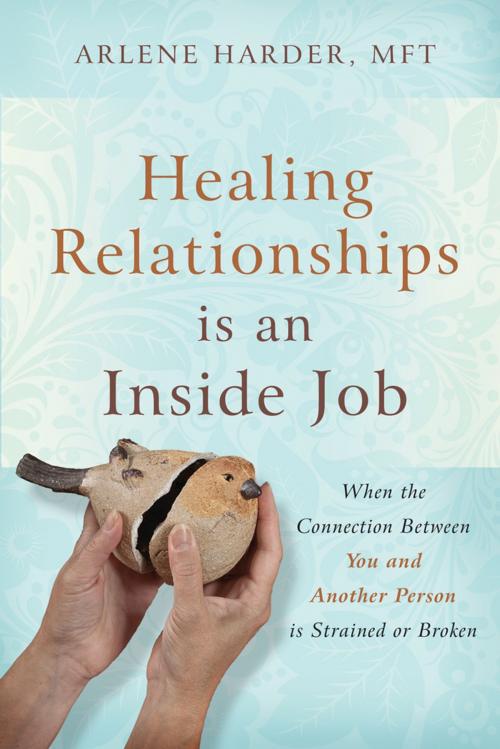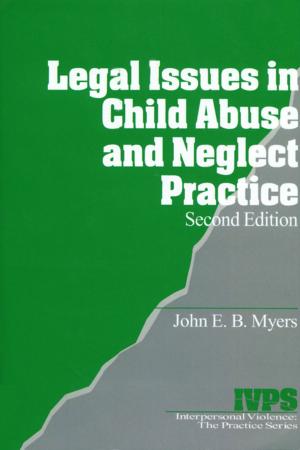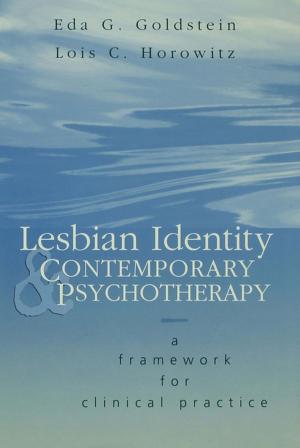Healing Relationships is an Inside Job
When the Connection Between You and Another Person Is Strained or Broken
Nonfiction, Family & Relationships, Family Relationships, Health & Well Being, Psychology, Interpersonal Relations| Author: | Arlene Harder, MFT | ISBN: | 9781932181883 |
| Publisher: | Personhood Press | Publication: | June 1, 2011 |
| Imprint: | Personhood Press | Language: | English |
| Author: | Arlene Harder, MFT |
| ISBN: | 9781932181883 |
| Publisher: | Personhood Press |
| Publication: | June 1, 2011 |
| Imprint: | Personhood Press |
| Language: | English |
Changing the dynamics of unsatisfying relationships seems to be an elusive goal at best, but through this comprehensive view of the human psyche, readers will gain knowledge on how to separate their ego and true self and fundamentally restructure their relationships for the better. The ego often promotes the notion that identity stems from opinions, possessions, and other elements outside of the true self-an entity which lives in the present and is free from outward concerns and issues. Through eight chapters and complementary exercises, readers will learn to recognize, respect, and manage the manifestations of the ego in everyday interactions and arguments, thus stopping the ego from destroying the love that the true self is seeking. The final chapter of this helpful book suggests changes to the structure of relationships, with guidelines for resolving disagreements and making calmer choices in times of stress.
Changing the dynamics of unsatisfying relationships seems to be an elusive goal at best, but through this comprehensive view of the human psyche, readers will gain knowledge on how to separate their ego and true self and fundamentally restructure their relationships for the better. The ego often promotes the notion that identity stems from opinions, possessions, and other elements outside of the true self-an entity which lives in the present and is free from outward concerns and issues. Through eight chapters and complementary exercises, readers will learn to recognize, respect, and manage the manifestations of the ego in everyday interactions and arguments, thus stopping the ego from destroying the love that the true self is seeking. The final chapter of this helpful book suggests changes to the structure of relationships, with guidelines for resolving disagreements and making calmer choices in times of stress.















